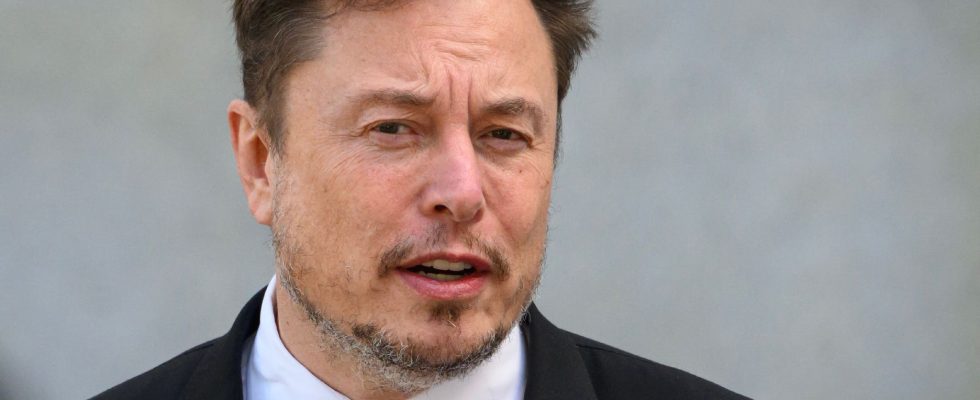Proponents of unlimited freedom of expression like Elon Musk often display the same clichéd image to assert their position. In this ideal scenario, two people have different opinions on a subject. They state their point of view politely. And the collective debate emerges enriched and invigorated. This is light years away from the real situations that web platforms face. Since the terrorist attack perpetrated by Hamas in Israel, what social networks have had to deal with are massive flows of disinformation, violently anti-Semitic posts and images displaying the terrible abuse suffered by the victims. Issues that do not arise exclusively on the web, but to which the mechanics of social platforms give a very particular dynamic.
In the physical world, unless they have a high profile, a person spreading disinformation has limited power to cause harm. Online, this audience can already be considerably larger and artificially boosted by computer programs. But on X (formerly Twitter), all this is further amplified by the contours of the Twitter Blue subscription launched by Elon Musk. This service allows anyone, including notorious misinformants, to pay to be more visible. And they do not deprive themselves of it, as shown by the eloquent examples of fake news that the BBC journalist Verify Shayan Sardarizadeh dissects every day on X. “Shocking! Israeli forces are launching white phosphorus bombs on Gaza”, claims one of these paid accounts whose video “viewed nearly 300,000 times” actually dates from March and shows “the town of Vuhledar in Ukraine targeted by Russian incendiary bombs”, reveals the journalist.
False information about
The X teams are working to remove part of it: on October 10, the platform announced having managed tens of thousands of contentious posts and blocked hundreds of accounts seeking to manipulate trends. But they suffer without tackling the mechanisms that fuel this flood. The fact that those who post them if they are Blue subscribers). Not to mention the severe cuts in the staff who were responsible for moderating content on Elon Musk: it’s the “platform with the highest mis/disinformation ratio” she said September 26.
Supporters of unlimited freedom of expression such as Elon Musk also pretend to ignore the seriousness of the impact of online hatred on the people who are its targets. The shadow of the pack which takes shape, comment after comment, like after like, and whose frightening character does not come so much from the individual messages – more or less openly hostile – that certain Internet users allow themselves to be uttered, as from the accumulation of hundreds of them, sometimes every day.
Do not play into the hands of terrorism
The broadcast of images showing the inhumane treatment of hostages also raises complex questions. In a post from October 10, the X social network teams say: “We know that it is sometimes incredibly hard to see certain content, especially in times like these. In these times, X believes that even “while this is difficult, it is in the public’s interest to understand what is happening in real time.” However, this cannot be the only factor to take into account on this subject. In France, the Superior Audiovisual Council has in the past alerted the media to the risk that the broadcast of certain shocking images constitutes an attack on the dignity of the victims appearing there.
In the case of a terrorist attack, the balance to be struck is particularly delicate. How to inform without playing into the hands of terrorists, by giving them precisely what they are looking for: to obtain echo in order to arouse fear. These questions run through the media when they choose the images that will accompany texts or television news. They are even more necessary on platforms where distribution is often done via raw formats, without any context.
The situation on X is such that the European Commissioner for the Internal Market, Thierry Breton, sent Elon Musk a severe call to order on October 10. “Under the Digital Service Act, you have specific obligations regarding moderation […] Qualified entities report to us the circulation of illegal content on your service despite reports made by the competent authorities. […] I invite you to urgently verify that your systems are functioning effectively and to inform my team of the crisis measures you have adopted,” he says in his letter to the owner of.
Of course, X is not the only platform facing these issues. And its competitors are far from managing them perfectly. But at least they have stopped rejecting any responsibility on the subject. By pretending to leave the choice to Internet users, Elon Musk is in reality cynically placing the impossible burden on them to sort through a deluge of unfiltered fake news themselves. Last April again, he blandly asserted that “all information is to some extent propaganda.” A relativism that is as distressing as it is worrying.
